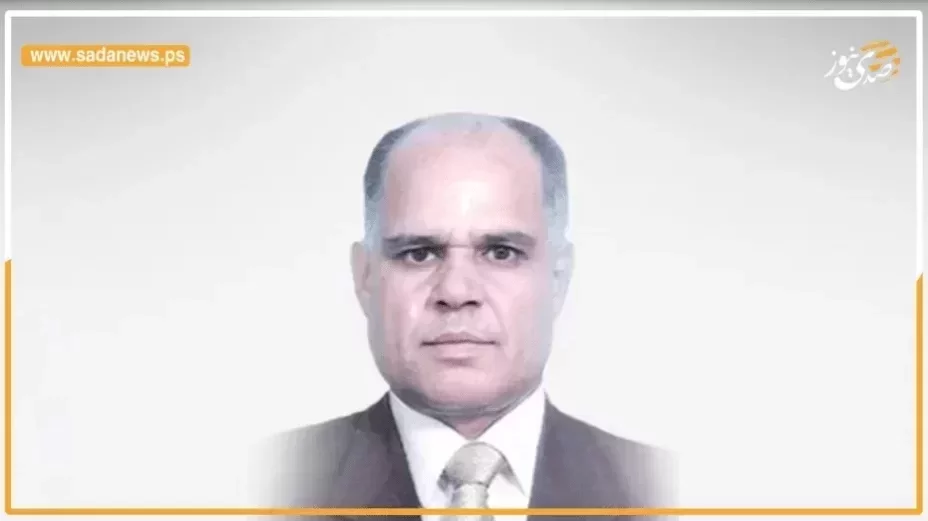
How Do People in the Gaza Strip Live After Two Years of War?
I am not talking here about the general political and social conditions, nor about the war of extermination, destruction, and hunger, all that the news and channels transmit, but rather about the source of people's livelihoods and where they get the money to meet their essential needs after two years of war and in the absence of almost everything or its availability at astronomical prices?
In the Gaza Strip, more than 90% of the population has lost their livelihoods after the war. Farmers lost their land due to the occupation or it became unsuitable for agriculture because of military actions and the destruction of water wells, workers lost their jobs due to continuous displacement and the destruction of all factories and workshops, merchants closed their shops due to displacement, loss of goods, and absence of buyers, the middle class, including doctors, university professors, teachers, lawyers, engineers, and others, also lost their livelihoods, and business owners had their factories destroyed and their projects disrupted due to import and export issues, and those working in the fishing sector lost their jobs because the sea was closed to them, and they were targeted by military warships.
Even the small percentage of remaining Palestinian Authority employees, numbering no more than 25,000, receive only 50% of their salaries, and when they withdraw or spend it, it is reduced by half due to liquidity shortages and the greed of currency traders and merchants. UNRWA has also stopped providing basic food assistance to the majority of the Strip's refugee population, and there is a limited number of international organization employees, especially from UNRWA or those working with foreign news agencies and channels. A considerable percentage of the population affiliated with political parties and factions like Hamas and Islamic Jihad, as well as all factions of the Palestine Liberation Organization, also receive salaries and in-kind assistance that stopped during the war.
Moreover, less than 30% live in stone houses or ruins of homes, either owned or rented, while the rest live in tents which do not protect them from the cold of winter nor the heat of summer. Even these people have lost the ability to buy tents or rent land to set up their tents. The entire Strip practically lacks drinking water networks or sewage systems, in addition to power cuts and the disruption of education in universities and schools for two years, the destruction of hospitals, the lack of medical services, and the loss of many talented individuals among doctors, engineers, scientists, and university professors, either due to death, imprisonment, or migration. Reports from international organizations detail all this.
Nevertheless, there exists a limited class or group that became wealthy during the war and amassed millions at the expense of the people's suffering. These are the thieves and merchants of foreign aid, and those who label themselves as "initiators" who open accounts in foreign countries to collect donations for the families of Gaza who have lost their children or had their homes destroyed, or for building hospitals, mosques, schools, or centers for shelter and feeding the hungry, and they collected millions, despite the fact that only a small fraction reached the needy. There are known names circulated among the people of the Strip, as well as currency traders who deduct up to half the amount on every financial transfer.
The conclusion is that the vast majority of the residents of Gaza have turned into beggars if they find a benevolent international benefactor who donates to them, or they scramble around the American death centers that distribute some aid, where dozens are killed daily in their attempts to obtain a bag of flour or some canned goods. In the displacement camps and tents in the Mawassi and the central area, the class and psychological differences between classes have vanished, as landowners, capitalists, doctors, university professors now coexist and share with camp dwellers, peddlers, and sanitation workers, all lining up in front of charitable kitchens to receive a meal of lentils or rice!
When the condition of the people reaches this point, we should not be surprised by the emergence of some signs of the collapse of the moral value system that the people of Gaza have always been proud of. In the struggle for survival and the effort to provide food for children, everything becomes permissible, even... We should not be surprised by the rejection of the occupation and Hamas’s authority at the same time and their welcome to any initiative to stop fire, even Trump’s initiative.
This painful reality does not negate the existence of heroism, bravery, generosity, and steadfastness that the people of the Strip and all the Palestinian people are known for, but the people have the capacity for patience and endurance.

Two Mini-States and Two Palestinians

Is War Against Iran Imminent?

With Leaders of His Army and Intelligence Present: Netanyahu Declares "War" on the Negev

Destruction of the Islamic Scene in the West

Media Deception… When Lies Are Cloaked in the Garb of Truth

Gaza Under Siege and Assassinations: Israel's Policy for Managing the Conflict

What is Required from Meladienov

